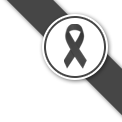The Pharmacy Department was established alongside King Chulalongkorn Memorial Hospital in 1914. At that time, the pharmacy room was located in the administration building, with the medicine storage in the basement. The first department head was Captain Luang Phaetsaraksaka (Poi Raksasuk). Later, the department was renamed the “Drug Storage Department,” and in 1932, it became the “Medical Supplies Department.” When the Faculty of Medicine at King Chulalongkorn Memorial Hospital was established in 1948, a “Revolving Drug Fund Pharmacy” was created as part of the Medical Supplies Department to procure and dispense medications to patients using revolving funds, allowing for more extensive treatment. The drug procurement process was managed by a “Revolving Fund Committee.”
As the Revolving Drug Fund Pharmacy operations grew successfully, it was separated from the Medical Supplies Department, following a Royal Thai Red Cross Society announcement on November 30, 1967, and became known as the “Pharmacy Department.”
In 1972, with the reorganization of the hospital departments under “Chulalongkorn Memorial Hospital Division,” the Pharmacy Department was renamed the “Revolving Fund Pharmacy Department.” In 1989, the Medical Supplies Department was restructured to focus on medical devices and supplies, while the Revolving Fund Pharmacy Department handled pharmaceuticals, including procurement and production, and was renamed the “Pharmacy Department.”
As the pharmacy’s activities expanded, the structure was further reorganized in 1997 to form the “Pharmaceutical Division,” and in 2012 it was renamed the “Pharmaceutical Group,” as it is known today.
For over a century, the Pharmaceutical Group has continuously adapted and developed its services and professional standards to align with the mission and vision of King Chulalongkorn Memorial Hospital. This is to ensure the safe, accurate, and appropriate use of medications for patients in accordance with established standards.

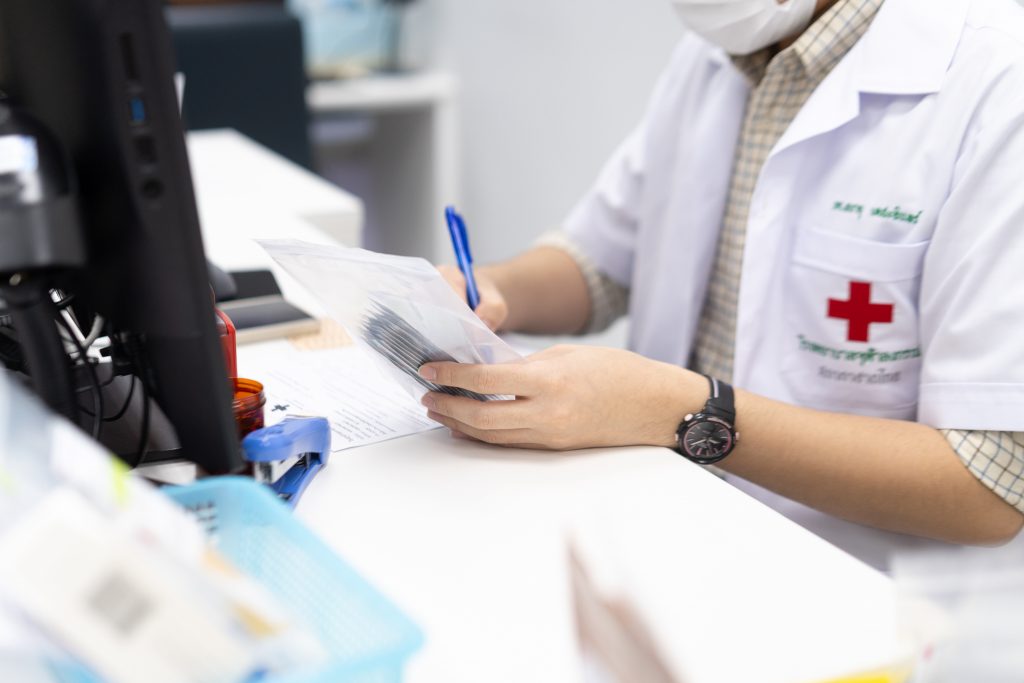


Obligation
Provide efficient, effective, standard, safe, accurate and appropriate pharmaceutical services to ensure customer satisfaction and access to high quality and ready-to-use medications with correct knowledge and understanding of drug use. The Section operates under the vision of:
“Providing standard medical care, conscientious services, observance to safety practices and promotion of drug use awareness.”
Operations
Provide the following pharmaceutical services:
- Outpatient pharmaceutical services
- Provide drug dispensing service for outpatients who seek medical care from the Hospital’s clinics.
- Inpatient pharmaceutical services
- Provide drug dispensing service for inpatients who receive treatment in different patient wards within the Hospital.
- Clinical pharmacy services
- Provide medication supervision service, monitor outcome of targeted patient medication. Take part in the decision-making process of patient’s treatment planning and patient care.
- Pharmaceutics services
- Purchase, stock, and distribute drugs to drug dispensing units in support of patient care services.
- Pharmaceutical manufacturing
- Develop and invent drug formularies, manufacture drugs in support of patient care services and the Hospital’s research activities.
- Pharmaceutical information and quality development
- Answer drug use inquiries, disseminate drug-related information, join a team to consider and select medicines for the hospital formulary, press for establishment of quality development process; regulate, monitor and explore development opportunity, operational development planning, communicate and coordinate information within the Pharmacy Section and with related work units.
- General Affairs and Accounting
- Provide correspondence, supplies, personnel, disbursement of remunerations and on-duty compensation services. Manage the Section’s administrative affairs and support the Pharmacy Section’s special activities.
Vision
We aim to provide standard medical service wholeheartedly and safety awareness as well as drug use.
Mission
Providing pharmaceutical services with efficiency, effectiveness, standards, safety, accuracy, for customer satisfaction by receiving high quality, ready to use drugs while educating with knowledge and understanding of drug use.
The Pharmacy Section consists of the following sub-departments;
1. Pharmaceutical services.
- Drug storage unit.
- Purchasing unit.
2. Pharmaceutical manufacturing.
- General medicine production unit.
- TPN sterile drug production unit.
- Chemotherapy unit.
- Individual aseptic mixing unit (IV admixture)
3. Clinical Pharmacy Services.
- Outpatient pharmaceutical care unit.
- Clinical Pharmacy Services.
- Inpatient pharmaceutical care unit.
- Center for monitoring adverse drug reactions.
4. Pharmaceutical information and quality development work.
- Department of Pharmaceutical Information (DIS).
- Pharmaceutical information and quality improvement work.
- Quality development unit.
5. Pharmaceutical Outpatient Services
- Outpatient drug unit, Bhor Por Ror Building, 4th Floor
- Outpatient drug unit, Bhor Por Ror Building, 5th Floor
- Outpatient drug unit, Bhor Por Ror Building, 9th Floor
- Outpatient drug unit, Bhor Por Ror Building, 11th Floor
- Outpatient drug unit, Bhor Por Ror Building, 13th Floor
- Outpatient drug unit, Bhor Por Ror Building, 15th Floor
- Outpatient drug unit, Chakrithasama Building, 2nd Floor
- Outpatient drug unit (Hemato), Bhumisirimangalanusorn
Building, 1st Floor, Zone C - Emergency medicine unit, Bhumisirimangalanusorn Building, Floor M, Zone A
- Outpatient drug unit, Sor Thor, 3rd Floor
- Outpatient drug unit, Jong Kolnee Building, 3rd Floor
- Medication Order Screening Center, Bhor Por Ror Building, 20th Floor
6. Pharmaceutical services, inpatients.
- Inpatient drug unit, Bhumisirimangalanusorn Building, B1 Floor
- Inpatient drug unit, Sor Kor Building, 13th Floor
- Inpatient drug unit, Nawatboribarn Building, 1st Floor
7. Administration and Accounting.
- Administrative and Accounting Department, Ratanavidhayabhat building,
5th Floor, Zone B
Services
Pharmaceutical Operations Cluster provides 7 various pharmaceutical services which are:
1. Pharmaceutical Services
Pharmaceutical Services plays a role in purchasing, storing, and dispensing drugs to the dispensing unit, under the management concept that emphasizes safety, standard and sufficiency for the needs.
1.1 Purchasing
Procurement Unit 2,200 items of medical drug are purchased according to the hospital’s pharmacopeia list under the regulations of supplies. At King Chulalongkorn Memorial Hospital, there is a good tracking and logistics systems of the suppliers. Hence, there always is enough reserve in the hospital. In addition, a quality control system is implemented on drug suppliers to guarantee good transportation standards.
1.2 Drug Warehouse
The Drug Storage Unit maintains a standard and safe system for storing medications, with temperature control during transportation, particularly for refrigerated drugs, to ensure the quality of medications throughout storage and delivery to patients. The unit has a system for receiving quality issue reports from dispensing units and medical personnel to ensure the effective distribution of medications to patients.
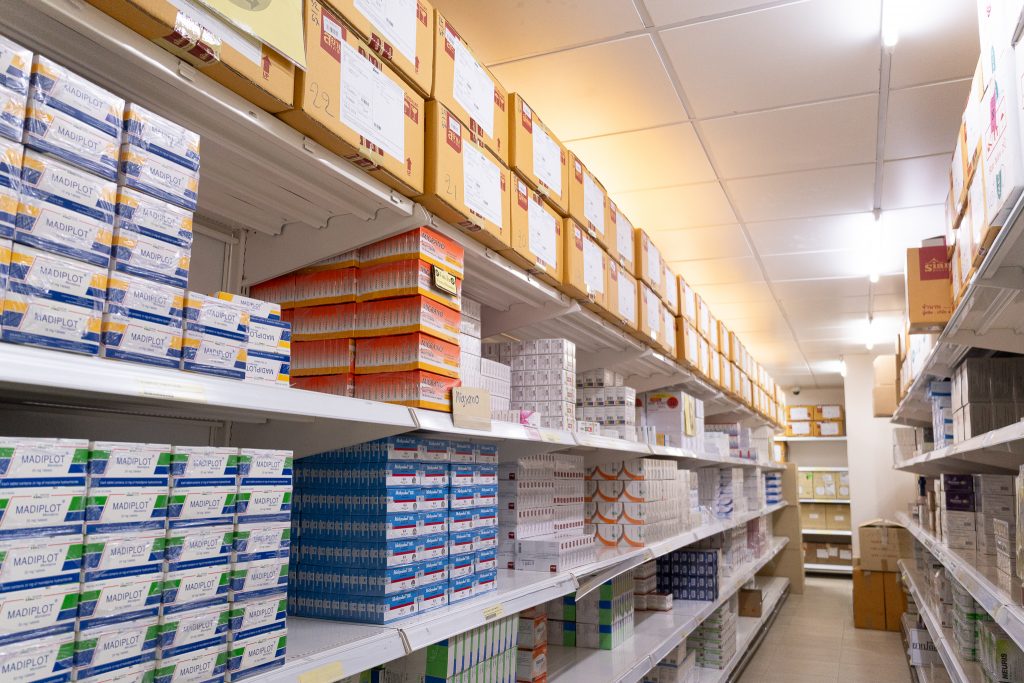
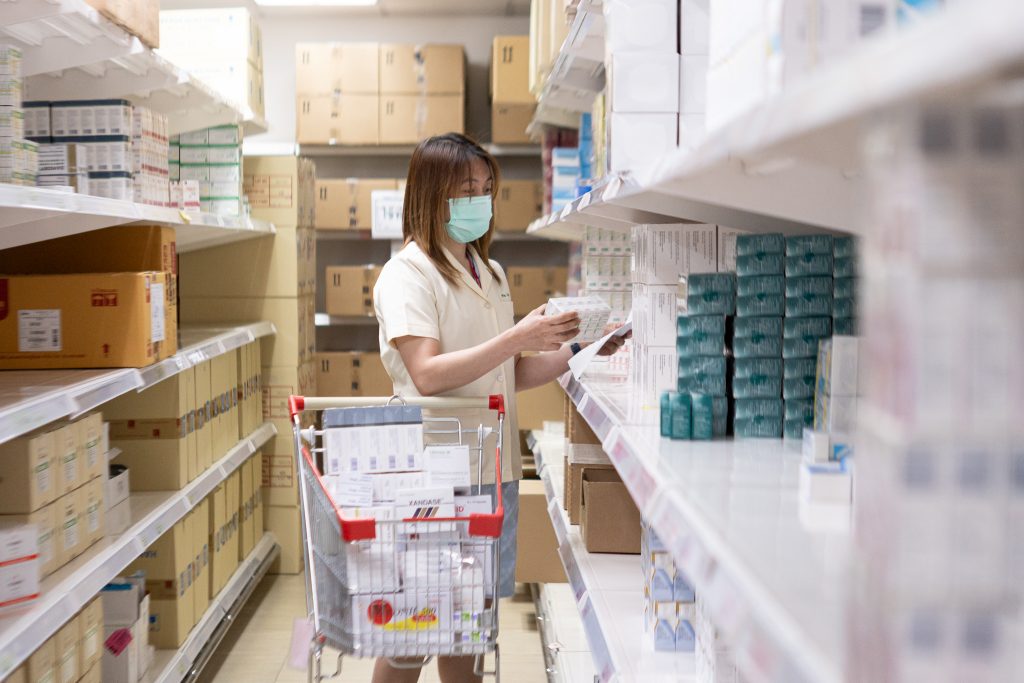
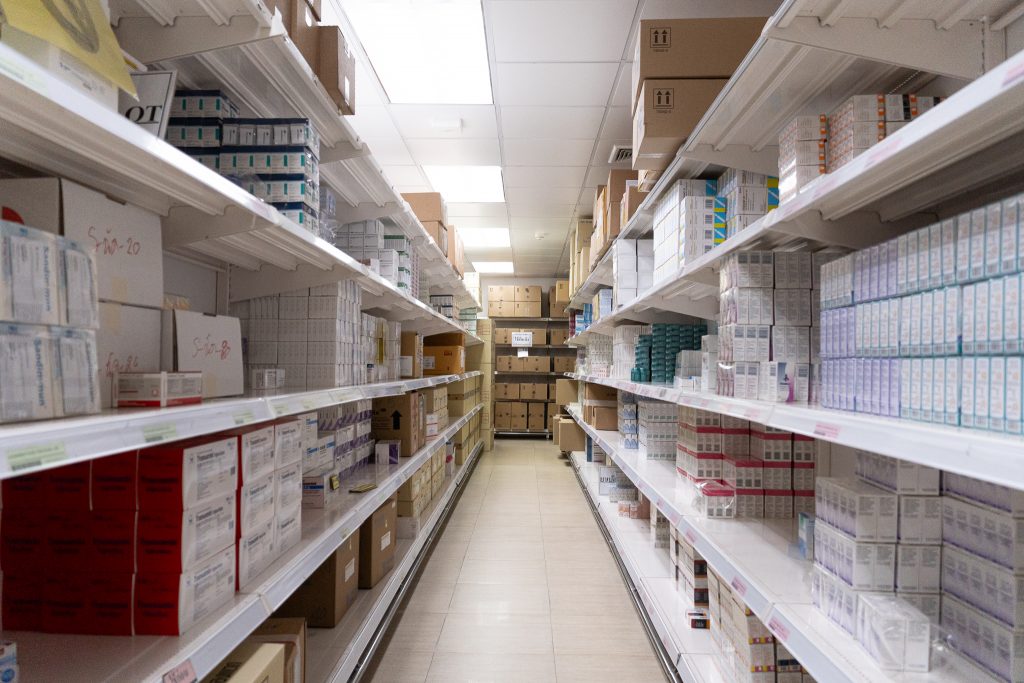
2. Pharmaceutical Production
The main responsibility of pharmaceutical manufacturing is to produce medications to support patient care services and hospital research. It is divided into four units as follows:
2.1 General Drug Production Unit
The unit manufactures oral and external medications (non-sterile) to support patient care, focusing on drugs that are not commonly available on the market or are tailored to specific patient needs, particularly for pediatric patients. It also prepares medications to support medical research and produces household remedies and cosmetic products, such as Chula inhalers, balms, Chula liquid rub, soap-free liquid soaps (Chula soap), urea cream (for dry and cracked skin), and first-aid kits for sale at the hospital pharmacy and during special annual events.

2.2 TPN Sterile Drug Production Unit
Additionally, the unit produces parenteral nutrition and sterile drugs, including injectable medications and eye drops not available commercially, following sterile manufacturing practices with quality assurance and control.
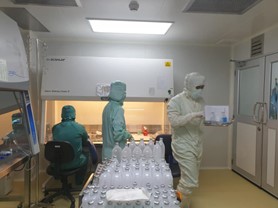
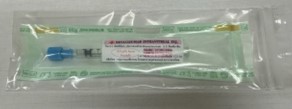
2.3 The Chemotherapy Compounding Unit
Prepares chemotherapy and hazardous medications for both inpatient and outpatient treatment at King Chulalongkorn Memorial Hospital, including support for chemotherapy-related research. The preparation process is conducted with safe equipment to protect personnel and the environment.
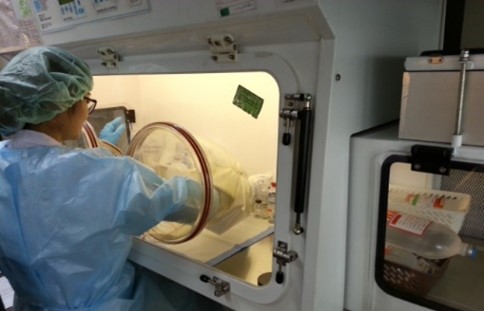
2.4 Individual sterile drug mixing unit
It also prepares ready-to-use sterile formulations and custom sterile formulations not available commercially, under clean conditions and following good manufacturing practices, facilitating medication administration, reducing preparation at nursing wards, enhancing treatment efficiency, and lowering medication costs for the hospital.
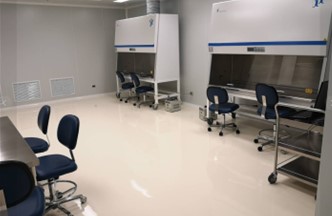
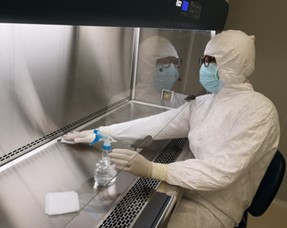
3. Clinical Pharmacy Services
Provides drug administration care and monitoring services for a specific patient. To enable patients to use their medicines correctly, conveniently, safely, get the most from treatment and have better quality of life It is responsible for finding, monitoring and solving drug related problems that may or may arise in the future.
As well as providing consultation, preparation and passing on necessary drug information to multidisciplinary teams to assist the team in decision-making, treatment planning and treatment of patients, currently operating in accordance with the professional standards of pharmaceutical profession, hospitals focused on promoting Drug treatment was most effective for patients in 7 activities, namely
- Pharmaceutical care work in the ward (Acute Care)
- Pharmaceutical care work, clinical disease specific for outpatients (Ambulatory Care)
- Adverse Drug Reaction Monitoring and Evaluation of Adverse Drug Reactions
- Teaching and giving advice on drug use in vulnerable patients while in hospital (In-patient Education)
- Guidance, measurement and monitoring work of blood vancomycin (Therapeutic Drug) (Vancomycin) Monitoring)
- Coordination and comparison of drug lists of patients (Medication Reconciliation).
- Promotion, control, and supervision of the proper use of microbes (Antimicrobial Stewardship)
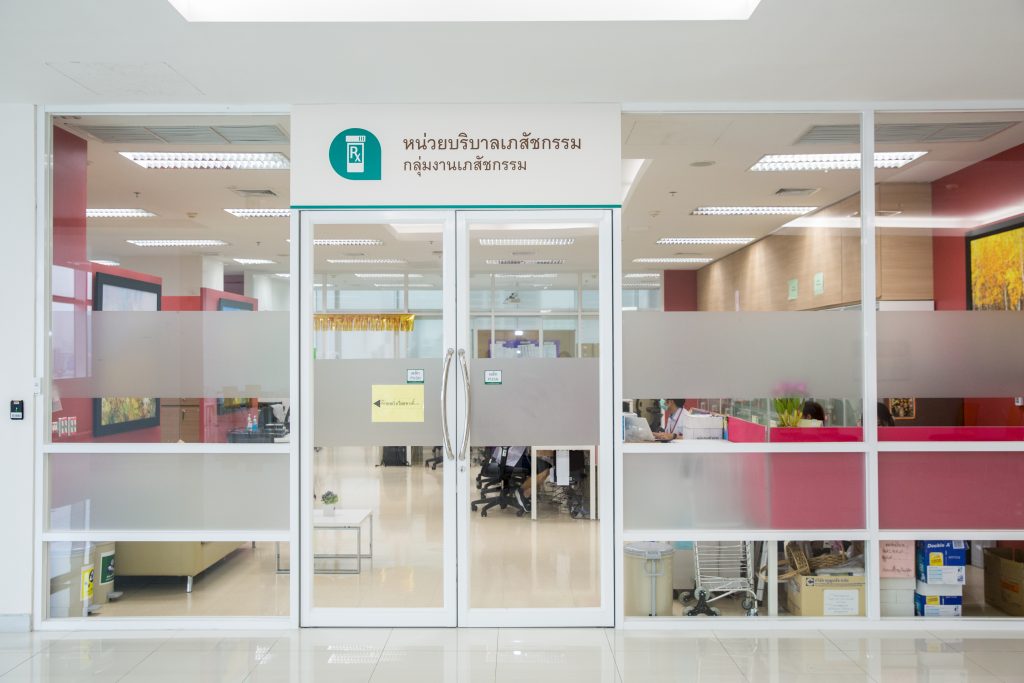
4. Pharmaceutical information and quality development work
4.1 Drug Information Service: DIS
Pharmacists in the unit are responsible for answering questions and giving advice. Advise the use of drugs to healthcare professionals, including doctors, pharmacists, nurses, etc.
It also manages hospital drug accounts (Hospital Formulary) through the Medical Committee. To consider the selection of effective drugs And suitable for treating patients in hospitals In addition, accurate drug knowledge dissemination is carried out. Introduction of new drugs Including collecting common problems in drug use Via journal “Tell telling stories about drugs” to medical personnel in the hospital via email. To promote the correct use of medication.
4.2 Quality Development Unit: QDU
Quality Development Unit (QDU) is responsible for driving quality development processes related to the pharmaceutical group. And drug management system Together with the supervision of work development by analyzing various information to find development opportunities and planning for development work.
Support and promote an atmosphere of quality development in the organization Team work Focus on the exchange of knowledge Knowledge management Promote communication Coordinate information during work or activities within the pharmaceutical group. Including other related agencies With a focus on safety Conforms to the standards High efficiency In accordance with the mission and vision of the pharmaceutical group And the goal or focus on the quality development of the hospital.
5. Pharmaceutical work, outpatient service
Outpatient Medication Service Is a job in the pharmaceutical group Consisting of 13 drug dispensing units, the drug dispensing service is provided to patients who come to be examined on a patient basis other than clinics at the Bhor Por Building Including outpatients who have been examined from various centers of excellence at Bhumisirimangalanusorn Building and the building The MPH averages around 4,200 – 4,500 people. Computerized Physician Order Entry (CPOE)
All drug instructions will be reviewed by the pharmacist. With an information system that links various patient information, such as drug history Diseases or symptoms that come to the doctor A history of drug allergy Laboratory results required for drug use Facilitates the evaluation of prescriptions for the correctness.
It is safe before the pharmacist can deliver that drug to the patient. It provides advice, precautions, as well as the dosing practices for patients. Understand correct drug administration and cooperate in the use of prescription drugs.

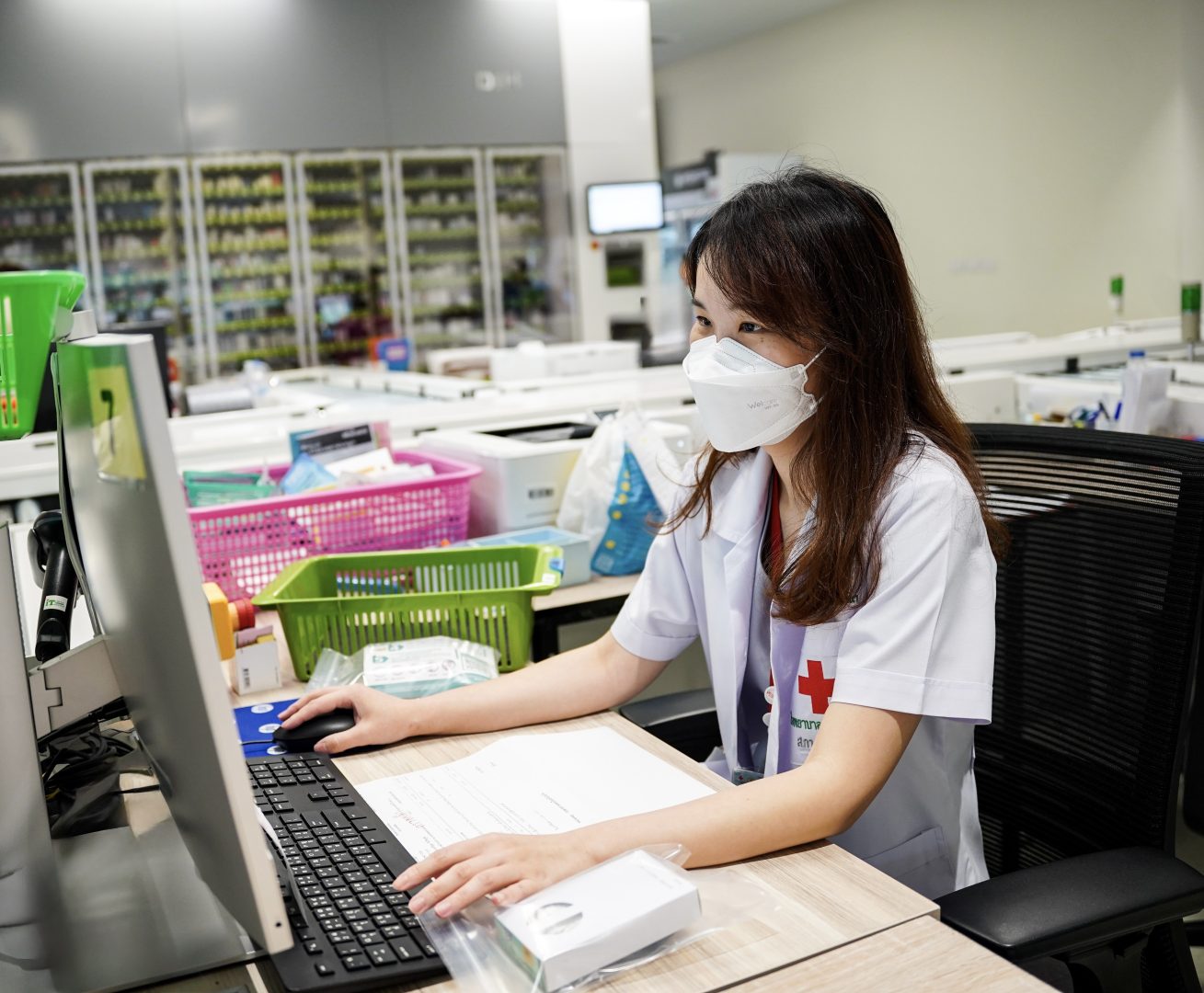
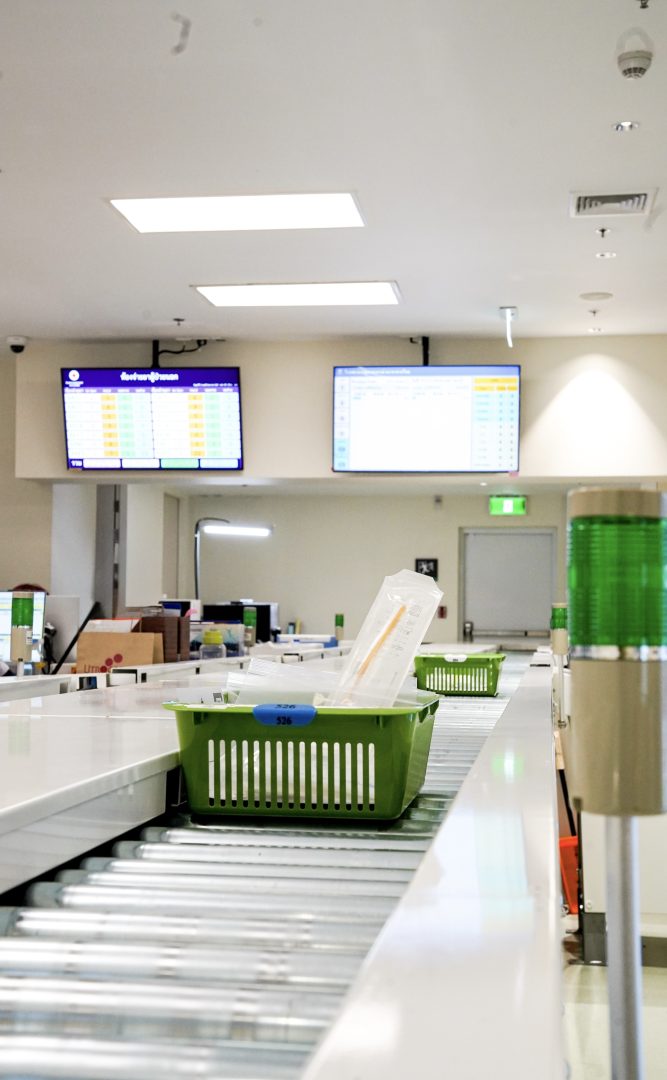
6. Pharmacy, inpatient service
Provides drug dispensing services for inpatients at various wards, including the Bhumisirimangalanusorn Building Ward, the Sor Kor Building and Special Inpatient, Navatboriban Building, with a distribution system to the wards. Critically ill every day And for the general ward every 3 days
7. Administrative and accounting work
In terms of administration, the unit manages documentation, supplies, personnel, and activities for the Pharmaceutical Group and coordinates among the Group Head, department heads, dispensing unit leaders, and both internal and external units within the Pharmaceutical Group.








